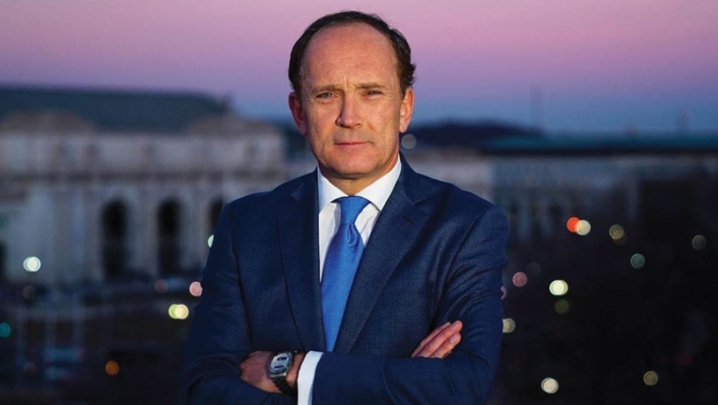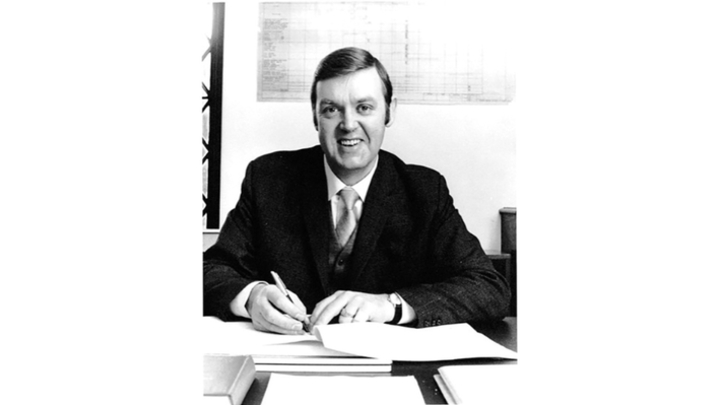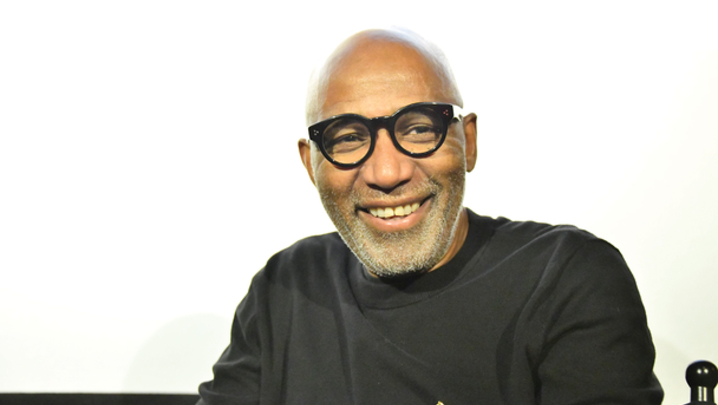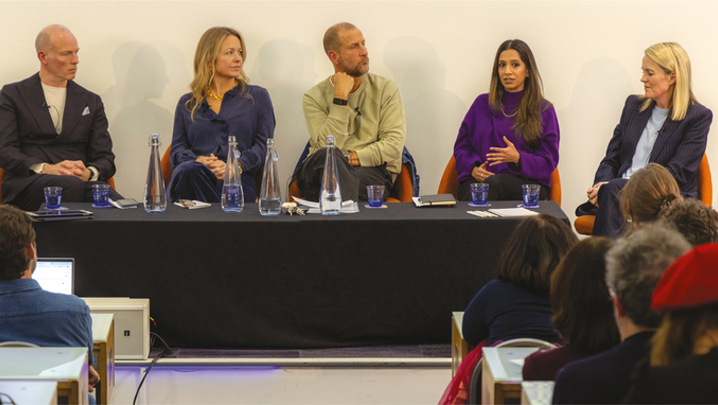Gary Younge looks at how US television succeeded in becoming less white – while UK progress has stalled
Shortly before the Iraq war – and after I’d arrived in New York – I was invited to take part in a Panorama discussion. The BBC was facilitating a debate, between New Yorkers in a diner it had rented on Broadway and Jordanians in a restaurant in Amman, about their views on the war.
But, having gone to all that trouble of creating a scene that looked like New York, the producer had cast a panel that bore no resemblance to those living in the city.
New York is one-third white, a quarter black and a quarter Latino. The panel was 80% white, with just one black New Yorker and myself – a black Brit.
It even included a white, Anglo taxi driver – a demographic I had not seen since Bruno Martelli’s dad in Fame. Since polling showed that blacks and Latinos viewed the war quite differently to whites, this was not simply a question of presentation, but one that related to content.
When I confronted the producer about this afterwards his rationale stunned me.
“I don’t commission by numbers, Gary,” he protested.
“How about intelligence and context?” I asked. “Do those count?”
The question of racial diversity – both on-screen and off – is a necessarily vexed one. How could it not be? It touches on issues of race, representation, exclusion and power.
That is fundamentally no different in the US, where I have lived for the past 11 years, than it is in Britain. What does feel very different is the way the debates have played out in the two countries in recent times.
Watching testimony on the BBC and diversity to the Culture, Media and Sport Committee in June felt like slipping back into a cold bath. Three black professionals (declaration of interest: one of them was my brother, Patrick Younge) laid out the figures highlighting the dire levels of employment of non-white staff in the corporation.
They called on an all-white parliamentary committee to ensure that the BBC actually reflects and serves the public that funds it. They made a devastating case.
But no instance of non-white people demanding equality in Britain would be complete without a white, privately educated politician making the case for meritocracy. Isn’t there a risk, asked the committee’s Chairman, John Whittingdale, “you won’t get the best programmes”?
The only thing that seemed to have changed since I left the UK 11 years ago was that those championing diversity had become more focused, strategic – and frustrated.
“At the BBC alone, in the past 15 years there have been 29 initiatives to increase ethnic diversity, and the numbers have actually gone down,” Lenny Henry told MPs. “Things are being done, but they are not really working...”
The US is sufficiently different in a range of ways to defy a direct comparison. American viewing habits, like life itself, tend to be more segregated.
During the summer, Nielsen ratings showed that none of the five most popular primetime shows for African Americans were among the top five for whites. Latinos were watching something different again.
Of course, the US has no public service broadcaster on a par with the BBC, which means hearings of the nature I just described could not take place.
The non-white population here is larger, has been in the country in significant numbers for significantly longer and has a sizeable middle class. This means that more substantial pressure can be applied by more established people on less democratically accountable organisations.
That has never stopped ordinary viewers making demands. At the 1963 March on Washington, where Martin Luther King made his “I have a dream” speech, one placard read: “Horses have their own television shows. Dogs have their own television shows. Why can’t Negroes have their own shows?”
This hasn’t stopped broadcasters continuing to resist them. Think if you can recall any non-white actors in hit New York sitcoms, such as Seinfeld, Friends, Will & Grace or Mad About You, who had talking parts, let alone who were among the lead characters.
None of this happens by accident. It takes a lot of effort to imagine a city as diverse as New York as monocultural.
And the defence for this limited imagination can be every bit as specious as the one made by the Panorama producer.
When questioned about why most of the guests on his web series, Comedians in Cars Getting Coffee, have been white males, Jerry Seinfeld was affronted.
“It really pisses me off,” he said. “People think [comedy] is the census or something, it’s gotta represent the actual pie chart of America. Who cares?”
Well, people of colour, among others, care. That’s why so few of them watched Seinfeld.
Back in the 1990s that wasn’t a barrier to it being a hit show. But by 2042 white people will be a minority in the US and a show such as Seinfeld, with such a narrow ethnic appeal, might well find itself on cable rather than network TV.
I am not in favour of quotas in general. They are a blunt instrument. But I am even less in favour of getting nothing done and I prefer blunt instruments to no tools at all
While major US broadcasters do not have to answer to Congress, they do have to deal with shareholders. And ultimately the colour they really care about is green. To keep advertisers, they have to pay more attention to the census.
The result has been quite impressive. From Modern Family to Cosmos, a hit documentary series about the history of the planet presented by a black astrophysicist, they are finding humour and smarts outside of their traditional comfort zone.
And there has been some progress behind the camera, too, most notably with writer-director-producer Shonda Rhimes, who is black. In the hit show, Grey’s Anatomy, Rhimes has created a world with transracial adoption and lesbian relationships and black characters in leading roles; who’d have thought it’s set in the same city as lily-white Frasier?
And then she followed it up with Scandal, a show where a black Ms Fixit stops Washington DC from imploding under the weight of its own sleaze while having an affair with the President. Another hit.
The world did not cave in. Nobody died. Standards did not drop. Viewing figures went up.
There is, of course, an important moral case for greater representation of non-white people in the television industry.
But the best case is that it actually results in better television. People, of all races, have more vivid imaginations than they are given credit for by skittish TV executives.
They like good television. And not only are non-white people as adept at providing it and being in it as whites – but their exclusion drains the pool of talent from which good television might be made.
I prefer a public service broadcaster, accountable to all, to a private one where money alone talks. Indeed, we are only discussing the BBC because it has to open up its books. Good luck trying to find detailed figures about diversity in ITV’s published materials.
And I am not in favour of quotas in general. They are a blunt instrument. But I am even less in favour of getting nothing done and I prefer blunt instruments to no tools at all.
The US, in this regard, is a cautionary tale. It took almost half a century to get from that placard-waving protester on the Mall to Olivia Pope getting her jollies in the White House. I’m not sure I can bear to wait that long for this kind of progress in Britain.
I was proud to see my brother testify. But I don’t want to see my son, who is seven, having to make the same arguments when he is my age.







